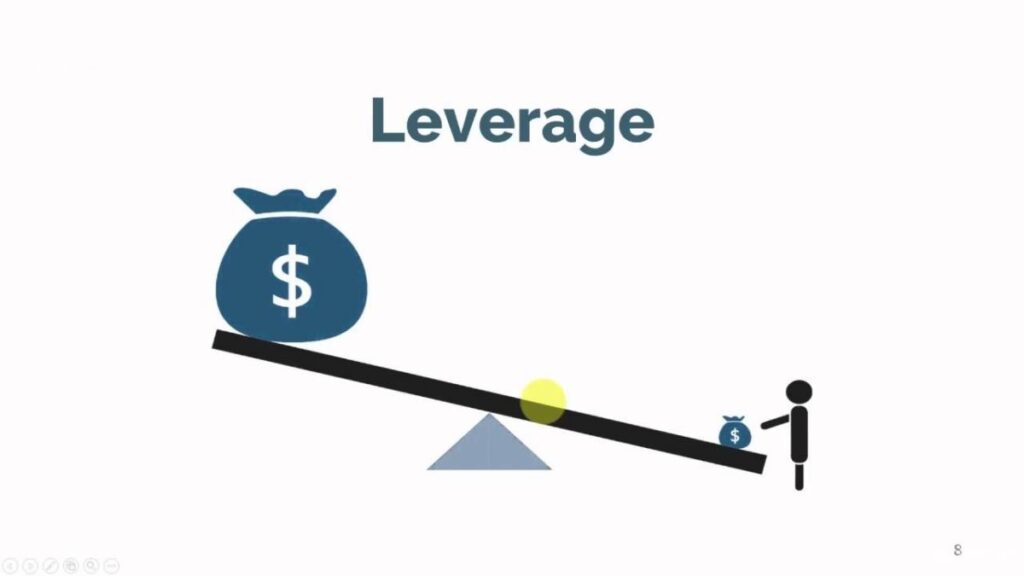Forex trading and other similar forms of financial markets trading, such as spread betting and Contract for Difference (CFD) trading have seen a surge in popularity in the 21st Century. And alongside this popularity has come a huge number of new traders, with little or no experiences of financial markets. Although many of these newbie traders do look to educate themselves, they still often fall into traps and make common mistakes.
Here we look at some of the most common mistakes that beginner traders make, and what you can do to avoid them.

1. No strategy
Benjamin Franklin said that “by failing to prepare, you are preparing to fail”. Before your start trading, you should have developed a trading strategy and a plan. If you do not have a plan for your trading, you are really just guessing, or gambling. By trading without any preparation, without a defined way of approaching markets, you are increasing the likelihood of losing your capital.
Solution: Build a strategy. And build this strategy by using a demo account. This way you can develop a successful approach before you commit funds. You can see more information on trading strategies here and where you can open a demo account here.

2. A lack of testing
Learning from your mistakes is a way of improving whatever venture you are involved in. With Forex trading, however, your mistakes can be very costly, particularly with leverage (see below). Therefore, a trial-and-error approach with a live account is not advised.
Solution: Backtest with a demo account where you can simulate profits and losses. Another route to minimizing mistakes is to be mentored by a more experienced trader.
3. Indiscipline
Emotions can overtake the new Forex trader. The market saying is that “fear and greed drive markets”. These emotions, alongside other character traits such as impatience and over confidence, can often lead to a lack of discipline. In turn this can mean taking too much risk, or not correctly managing risk, which then will likely lead to making losses.
Solution: To avoid indiscipline, look to stick to your trading plan, monitor your emotions and try to avoid being led and influenced by them. See our section on the psychology of trading.
4. Unrealistic expectations
Many new traders see Forex trading as a get-rich-quick scheme. Although there are a number of stories of traders who do make big profits in a short period, there are far more untold stories of traders who wipe out their accounts in a very small space of time. Many of these traders then chase their losses and lose more and more over time, in the hope of hitting a home run. Trying to achieve aggressive profits will likely see you risk too much and break money management rules. You are also more likely to move away from your strategy.
Solution: Have realistic expectations and goals. Stick to your money management rules and risk parameters. Stay true to your trading plan. Look at Forex trading as a long game, it is a marathon not a sprint. Our section on Risk Management should be of help here.
5. Lack of market awareness
Market dynamics change over time. And this can be a difficult concept for new traders to appreciate and react to, as by definition the beginner has a lack of experience. Sometimes, as markets change in their dynamics, it requires the trader to adapt too and maybe update their strategy. More volatile markets for example, may require changing risk parameters, stop and target placement.
Solution: This is a difficult problem for the new trader, as market awareness only really comes with experience. However, by educating yourself and taking a keen interest in what is currently impacting financial markets, it is possible to become market aware relatively quickly.

6. Leverage: a double-edged sword
Forex trading, spread betting and trading CFDs usually involves trading with leverage. This means, however, that alongside potentially making large winning traders and profits, you could lose in significant multiples, too. Leverage means that a small market move has an amplified impact. Many newbie traders have not fully understood the concept of leverage, which can lead to accounts being wiped out very quickly.
Solution: Fully understand what leverage means and how much you are risking on each trade you make. Our article and video on leverage, gearing and margin is a must view.
Forex and CFD trading, alongside spread betting can be very exciting for a newcomer to the financial markets world. However, this excitement can often lead to poor decision making and a rush for quick wins, profits and success. As with any new venture, education, practice and the developments of skills is key, all of which can take time. Try to avoid the above pitfalls as you journey along your trading path, and you will have a far great chance of Forex and CFD trading success.
So, avoid these mistakes and you can have a great trading day!